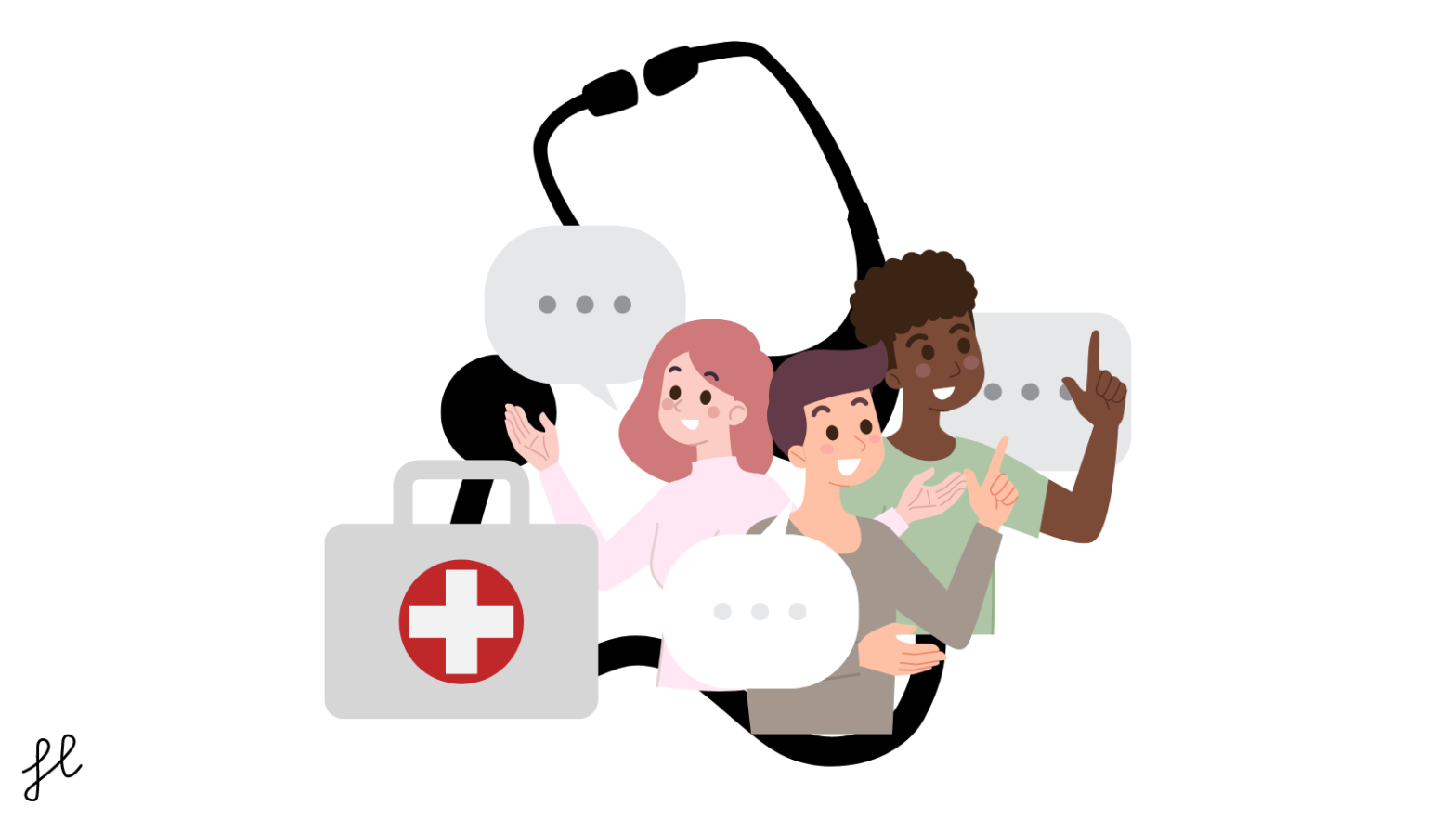Good communication skills in healthcare can literally save a patient’s life. Imagine giving a patient the wrong dose or medication because the instruction was not delivered successfully. This could put them in a threatening situation or, worse, death.
That is why having good healthcare communication skills is considered a core competency. Building trust among members of the team, patients, and healthcare professionals requires good and prompt communication.
If you are a healthcare professional, here are the top 5 must-have healthcare communications skills that you have to develop.
Active Listening
The most crucial aspect of communication is listening. By letting your patients express their sentiments, you will learn important details about their philosophies and way of life. It also enables you to build a connection with your patients, which is essential for a healthcare provider because it helps you choose the best treatment plan for them.
You must be conscious of your nonverbal cues while listening as well. The relationship between the patient and the provider is greatly impacted by this non-verbal form of communication. Active listening is demonstrated by keeping eye contact, nodding correctly, and showing sympathy for your patients or their family members. Contradictory, you are not listening if you are looking about anywhere, checking your watch, making faces, or noises.
Being Honest
One of the must-have healthcare communications skills is being honest. You should share every piece of knowledge you have in order to communicate honestly. When speaking with other healthcare professionals who are in charge of the patient’s care plan, don’t try to hide any information.
Of course, you shouldn’t divulge any unrelated information or break HIPPA rules. Instead, ensure you give the other healthcare professionals on your team all the information they need to perform their duties safely and effectively.
Being Objective And Clear
Nobody is interested in hearing your personal ideas about a client, his family, a physician, a nurse, or another therapist. What matters are the patient’s present state and functioning results.
Therefore, when sharing information, be objective and professional, and then use your clinical experience.
Being Empathetic
Empathy is the act of comprehending. Your ideas or statements may occasionally conflict with those of the patient’s family or other team members. But you shouldn’t feel furious or frustrated in this circumstance.
Instead, accept their viewpoint and be inspired by their bravery. Consider it a friendly competition.
This is especially true when delivering bad news to the family. You must show them that you understand their situation and that you are there for them.
Being Composed And Relaxed
Last but not least, among the healthcare communications skills is being composed and relaxed.
Anxiety and stress can make it difficult to communicate and may also demoralize you. You may become a poor communicator due to either of these factors.
You must unwind and feel at ease if you want to converse properly with your patient or their family. You make poor word choices when under stress. As a result, your audience will have a harder time understanding you.
Additionally, keeping cool and stress-free throughout a conversation helps one better understand the nature of the topic and decide between flight and fight modes. Fight or flight here refers to responding or remaining silent, depending on the circumstance.
Conclusion
Healthcare professionals can improve their general health communication in a number of useful ways. The must-have healthcare communication skills that healthcare providers need to have include active listening, responding correctly to the patient’s wants and concerns, accurately reading body language, and having a nonjudgmental attitude.
Indeed, the value of communications in the healthcare sector can aid in the prevention of subsequent injuries, boost patient and provider trust, and fortify bonds with inner staff members.
How about you? Do you have any advice on how to effectively communicate in a healthcare setting, either with challenging patients or members of an interdisciplinary team? Tell us in the comments.
Let us stay connected in our social media accounts for more healthcare discourse. Follow us on LinkedIn, Instagram, Twitter, Pinterest, Tiktok, and Facebook now!
